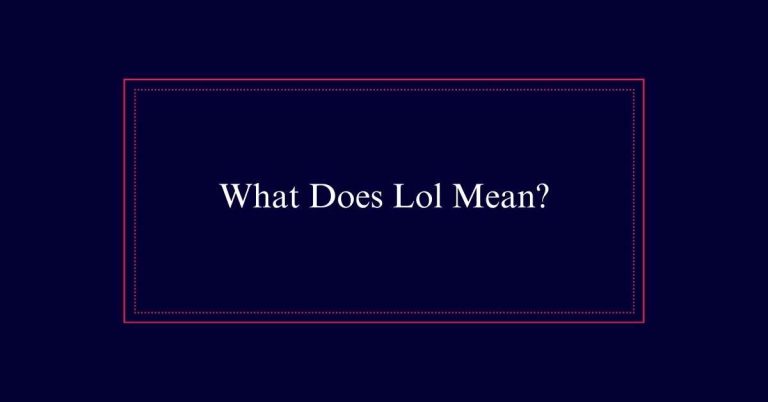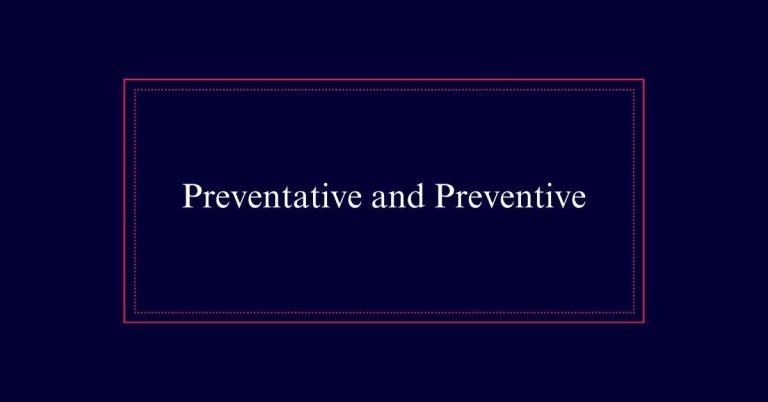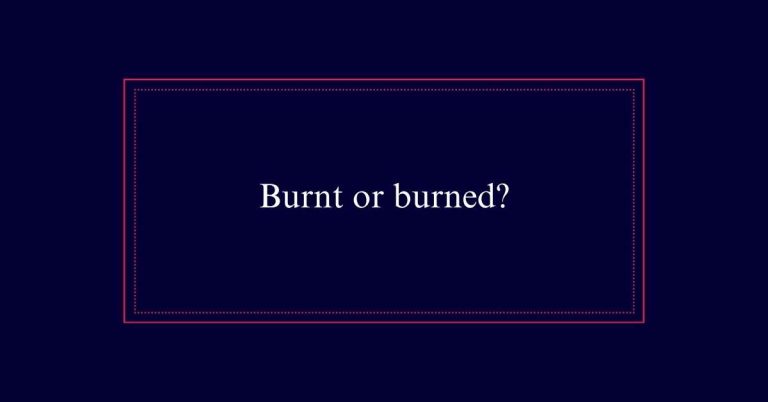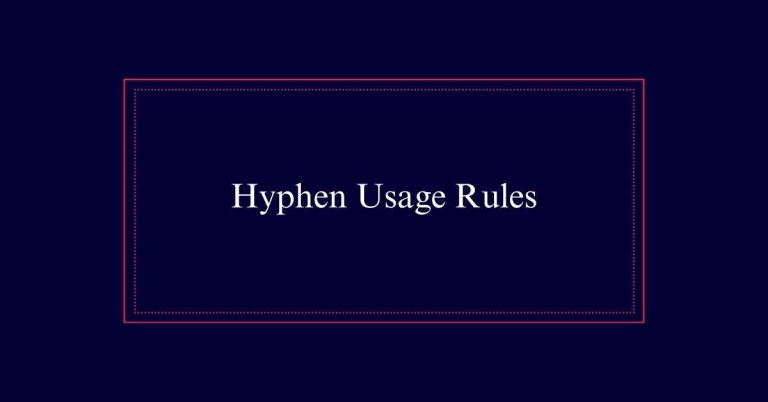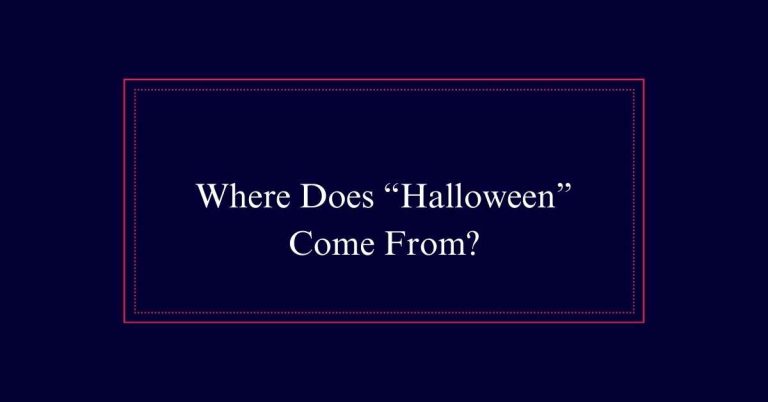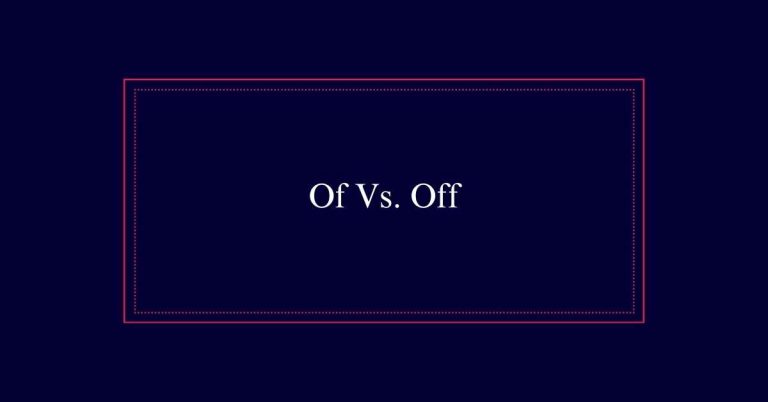Is “Year Old” Hyphenated or Not?
When describing a noun, ‘year old’ should be hyphenated as in “5-year-old child.” This forms a compound adjective providing clarity. Do not hyphenate if the age follows the noun, as in “The child is 5 years old.” Proper hyphenation maintains professional writing and avoids ambiguity.
Hyphenation Rules Overview
Understanding when to hyphenate ‘year old’ is essential for clear and professional writing. The rules are straightforward.
Hyphenate ‘year old’ when it precedes a noun. This turns the age into a compound adjective. For instance, in the phrase ‘a 10-year-old child,’ the hyphenated form clarifies that the age describes the child. Examples like ‘a five-year-old car’ follow the same rule. The hyphen connects the words to show they work together to modify the noun. Without the hyphen, the meaning can become unclear.
Age Describes a Noun
When age describes a noun, it is essential to hyphenate ‘year old’ to form a compound adjective. This guarantees clarity in writing.
For example, in the phrase ‘a five-year-old child,’ the hyphenated term ‘five-year-old’ acts as a single descriptive unit. This helps readers understand that the age is modifying the noun directly. Without the hyphens, the meaning could become unclear.
Consistent hyphenation in such cases maintains the intended meaning and avoids ambiguity. In professional writing, this practice enhances readability and precision.
Age Precedes a Noun
Placing the age before the noun necessitates hyphenation to form a clear and cohesive compound adjective. This practice helps to make sure that the age descriptor is directly linked to the noun it modifies, thereby avoiding any ambiguity.
For instance, consider the phrase ‘a five-year-old child.’ Here, hyphenation connects ‘five,’ ‘year,’ and ‘old’ into a single descriptive unit.
To remember this rule, consider the following points:
- Age as an adjective: When age describes a noun, use hyphens.
- Compound adjectives: Hyphenate multiple words that together modify a noun.
- Clarity: Hyphenation removes confusion, providing precise meaning.
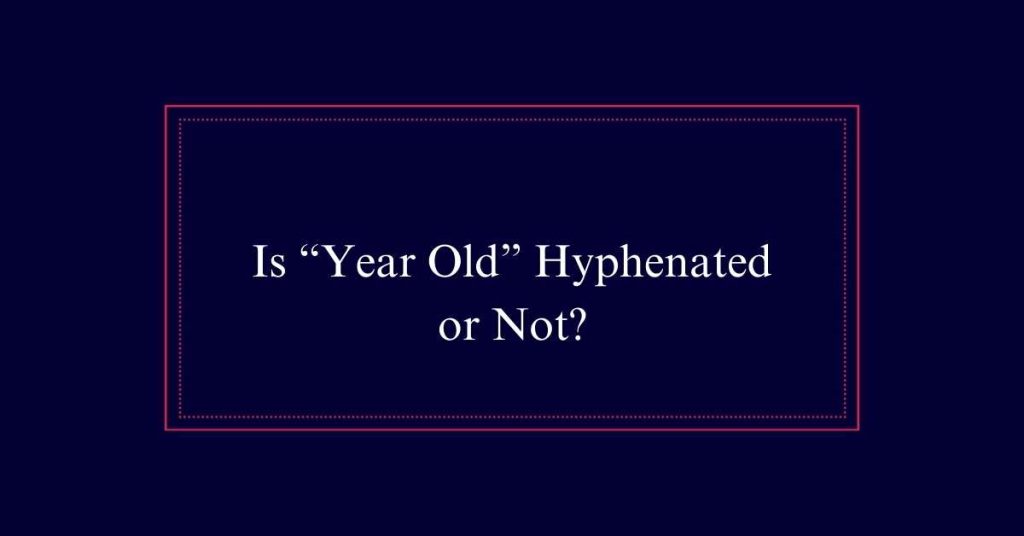
Illustrative Examples
For clarity, here are some examples of when to hyphenate ‘year old.’ When age is used as a compound adjective before a noun, it should be hyphenated. This helps in maintaining clarity and avoiding ambiguity. Below are some illustrative examples:
| Correct Usage | Incorrect Usage |
|---|---|
| A six-year-old child | A six year old child |
| The ten-year-old building | The ten year old building |
| A twenty-one-year-old student | A twenty one year old student |
| The seven-year-old dog | The seven year old dog |
| A five-year-old car | A five year old car |
Post-Noun Age Description
In contrast, when the age description follows the noun, it is not hyphenated. This rule helps to maintain clarity and simplicity in writing. For instance, saying ‘The child is four years old’ does not require hyphens. This is because the age description comes after the noun it describes.
Here are three key points to remember:
- Position Matters: Hyphenation depends on whether the age description precedes or follows the noun.
- Clarity in Writing: Proper hyphenation ensures that your writing is clear and easy to understand.
- Consistency: Following these rules consistently will make your writing more professional and polished.
Examples of Non-Hyphenation
When the age follows the noun, hyphens are not used. For example, consider the sentence, ‘My daughter is five years old.’ Here, the age description comes after the noun ‘daughter,’ so no hyphens are needed.
Another instance is, ‘The building is 100 years old.’ The age follows the noun ‘building,’ hence hyphens are unnecessary.
Similarly, in ‘The car is ten years old,’ the age description follows the noun and remains unhyphenated. These examples illustrate that when the age is mentioned after the noun it describes, hyphenation is avoided.
Compound Adjective Rules
Compound adjectives are formed when two or more words work together to describe a noun. They often require hyphenation to guarantee the meaning is clear and to prevent misinterpretation. Understanding when to hyphenate compound adjectives can enhance both readability and professionalism in writing.
Consider these guidelines:
- Pre-Noun Position: When the compound adjective comes before the noun, hyphenate it (e.g., ten-year-old child).
- Post-Noun Position: When the compound adjective follows the noun, do not hyphenate (e.g., the child is ten years old).
- Avoid Ambiguity: Use hyphens to prevent confusion (e.g., well-known author vs. well known author).
Placement and Usage Tips
Proper placement and usage of hyphenated terms like ‘year old’ can greatly enhance the clarity of your writing. When ‘year old’ functions as a compound adjective before a noun, it should be hyphenated. For instance, ‘She has a 5-year-old daughter.’ This hyphenation helps to guarantee that the age is understood as a single descriptor of the noun.
Conversely, when the age follows the noun, hyphenation is not required. For example, ‘Her daughter is five years old.’ In this case, the age is a separate entity from the noun.
Consistency in Hyphenation
Maintaining consistency in hyphenation is essential for ensuring clarity and professionalism in your writing. When the rules for hyphenating terms like ‘year old’ are followed consistently, readers can easily understand the intended meaning.
Inconsistent hyphenation can lead to confusion and disrupt the flow of the text. To maintain consistency, consider the following:
- Follow established rules: Apply the same hyphenation rules throughout your document.
- Use style guides: Refer to style guides like APA, MLA, or Chicago Manual of Style.
- Review and edit: Proofread your work to catch any inconsistencies in hyphenation.
Style and Professionalism
Using correct hyphenation in terms like ‘year old’ greatly enhances the professionalism of your writing. Proper hyphenation shows attention to detail and understanding of grammar rules. It guarantees that your message is clear and precise.
For example, writing ‘a five-year-old child’ instead of ‘a five year old child’ demonstrates a grasp of compound adjectives. This small change can make a big difference in how your writing is perceived. Consistent and correct usage of hyphens reflects well on you as a writer. It helps maintain the reader’s focus and avoids any potential confusion.
In professional settings, such attention to detail can set your work apart and establish your credibility.

